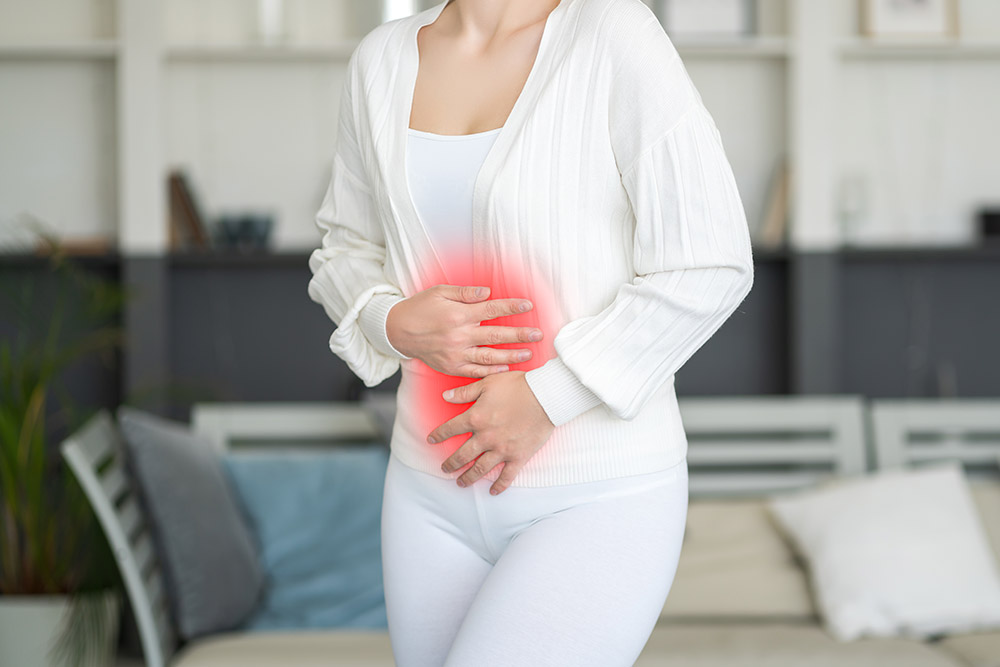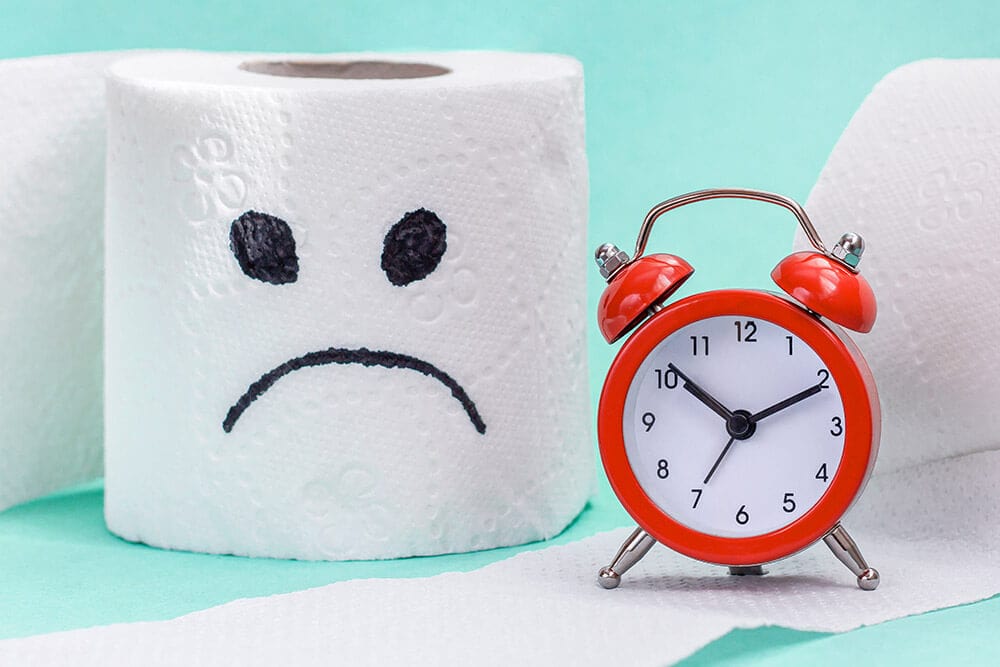Expert Treatment for Duodenitis Without Bleeding by Dr. Bharat Pothuri
Dr. Pothuri uses a step-by-step approach:
Medical History and Symptom Review
He asks detailed questions about your epigastric pain (timing, triggers, severity), NSAID or aspirin use, alcohol and tobacco habits, stress levels, and any family history of gastrointestinal disorders.
Physical Examination
Dr. Pothuri palpates your abdomen to check for tenderness, guarding, or any unusual masses.
Laboratory and Stool Tests
Blood work looks for elevated white blood cells or anemia; a stool antigen test can detect Helicobacter pylori infection.
Upper Endoscopy (EGD)
- Direct visualization of the duodenal lining to identify inflammation, erosions, or ulcers.
- Biopsy samples are taken to confirm H. pylori, assess the degree of inflammation, and rule out other conditions.
Additional Imaging (if needed)
On rare occasions, an abdominal ultrasound or CT scan is ordered to exclude other abdominal or biliary causes of epigastric pain.
Frequently Asked Questions
What causes duodenitis without bleeding?
Duodenitis without bleeding can result from H. pylori infection, frequent use of NSAIDs (like ibuprofen or aspirin), chronic stress, smoking, alcohol use, autoimmune conditions, or a family history of gastrointestinal issues.
Is it serious even if there's no bleeding?
Yes. Even without visible bleeding, duodenitis can damage the duodenal lining, cause significant pain, and lead to ulcers or other complications if left untreated.
How is it diagnosed?
Diagnosis involves a detailed medical history and physical exam, blood tests for infection or inflammation, stool testing for H. pylori, and-if needed-an upper endoscopy with biopsy to directly visualize and sample the duodenal tissue.
Should I see a specialist?
Yes. A gastroenterologist like Dr. Bharat Pothuri has specialized training to accurately diagnose and treat duodenitis and related digestive disorders.
Can diet changes really help?
Absolutely. Avoiding spicy, greasy, or acidic foods; eating smaller, more frequent meals; and cutting back on caffeine, alcohol, and tobacco can significantly reduce inflammation and discomfort.
How long does recovery take?
Most patients experience improvement within four to six weeks of starting the recommended treatment plan, including medications and lifestyle modifications.
When should I go to the ER?
If you experience severe abdominal pain, vomit blood, or notice black, tarry stools, seek emergency care immediately.












